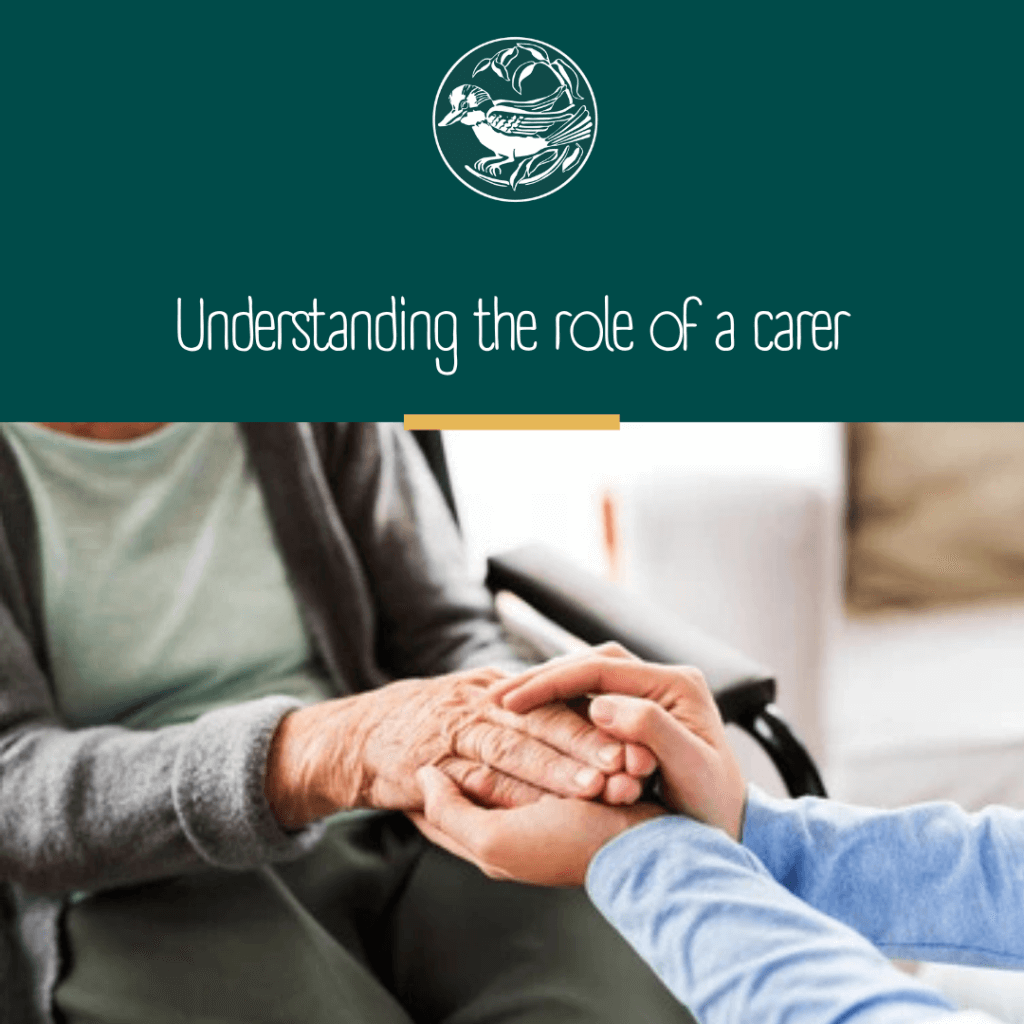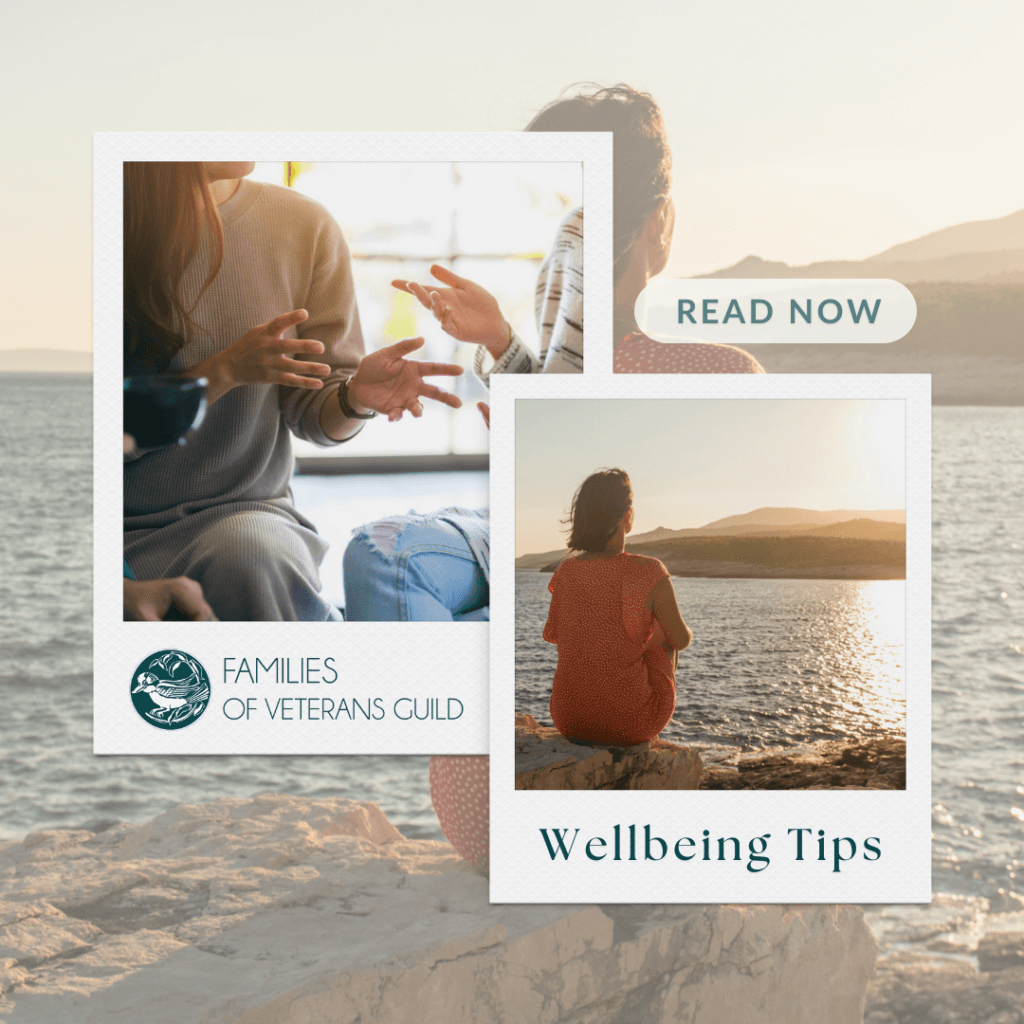What defines a carer and how can you determine if you are one?
If you are providing ongoing support to a loved one whether a spouse, parent, friend or relative, you may be a carer, even if you don’t yet identify with that label. Many people gradually take on caregiving responsibilities without even realising. If you are helping someone with a disability, chronic illness or mental health condition, recognising yourself as a carer is the first step in accessing important resources and support available for your wellbeing.
What it means to be a carer
Being a carer involves much more than occasional help. It means providing ongoing assistance to someone who can no longer manage certain tasks independently. This might involve helping with personal care such as bathing or dressing, managing medications or assisting with transportation.
For carers of veterans or war widows, there may also be responsibilities associated with managing mental or physical health challenges that arise from Defence service. The care you provide could be full-time or just a few hours each day, but it’s the regular and consistent nature of your involvement that defines you as a carer.
Carers often fall into their role gradually, as the needs of their loved one increase over time. In other cases, a sudden illness or injury puts someone into the role unexpectedly. Regardless of how it happens, many carers don’t view themselves as such, because they see their actions as simply fulfilling familial/social roles as a loved one. However, identifying as a carer can be an empowering realisation, allowing you to reach out for the support you deserve.
Why it matters
Recognising yourself as a carer is an important step toward accessing support. This is especially critical when caring for veterans who may have complex medical or psychological needs. As a carer, you can tap into a wide range of services designed to ease your responsibilities.
For instance, carers of the elderly can find themselves juggling multiple emotional, physical, and practical duties. Identifying as a carer allows you to access government and non-government support programs, financial assistance, emotional and peer support, all of which can help prevent burnout and ensure you are caring for yourself as well as your loved one.
If you think you might be a carer, take a moment to reflect on the support you provide and consider how identifying as a carer could benefit you and your loved one. Whether it’s accessing resources, connecting with a support network, or simply recognising the significance of your role, taking this step can make a meaningful difference to your wellbeing. Don’t hesitate to reach out to local services or community groups to learn more about the help available because caring for yourself is just as important as caring for others.
What’s next after taking the first step of identifying as a carer? To reach out for support and find resources that resonate with you and your current situation contact the social work and wellbeing team on 02 9265 6577 or wellbeing@fov.org.au.
Visit carergateway.gov for access to carer specific resources and further information on how to be prepared, find support, and connect and develop as a carer.




